
Reduction of Signal-Dependent Noise From Hyperspectral Images for Target Detection
Product Description
Abstract—Reduction of Signal-Dependent Noise From Hyperspectral Images for Target Detection, ensor-decomposition-based methods for reducing random noise components in hyperspectral images (HSIs), both dependent and independent from signal, are proposed. In this paper, noise is described by a parametric model that accounts for the dependence of noise variance on the signal. This model is thus suitable for the cases where photon noise is dominant compared with the electronic noise contribution. To denoise HSIs distorted by both signal-dependent (SD) and signal-independent (SI) noise, some hybrid methods, which reduce noise by two steps according to the different statistical properties of those two types of noise, are proposed in this paper. The first one, named as the PARAFACSI- PARAFACSD method, uses a multilinear algebra model, i.e., parallel factor analysis (PARAFAC) decomposition, twice to remove SI and SD noise, < Final Year Projects > respectively. The second one is a combination of the well-known multiple-linear-regression-based approach termed as the HYperspectral Noise Estimation (HYNE) method and PARAFAC decomposition, which is named as the HYNE-PARAFAC method. The last one combines the multidimensional Wiener filter (MWF) method and PARAFAC decomposition and is named as the MWF-PARAFAC method. For HSIs distorted by both SD and SI noise, first, most of the SI noise is removed from the original image by PARAFAC decomposition, the HYNE method, or the MWF method based on the statistical property of SI noise; then, the residual SD components can be further reduced by PARAFAC decomposition due to its own statistical property. The performances of the proposed methods are assessed on simulated HSIs. The results on the real-world airborne HSI Hyperspectral Digital Imagery Collection Experiment (HYDICE) are also presented and analyzed. These experiments show that it is worth taking into account noise signal-dependence hypothesis for processing HYDICE data.
Including Packages
Our Specialization
Support Service
Statistical Report

satisfied customers
3,589
Freelance projects
983
sales on Site
11,021
developers
175+Additional Information
| Domains | |
|---|---|
| Programming Language |
Would you like to submit yours?



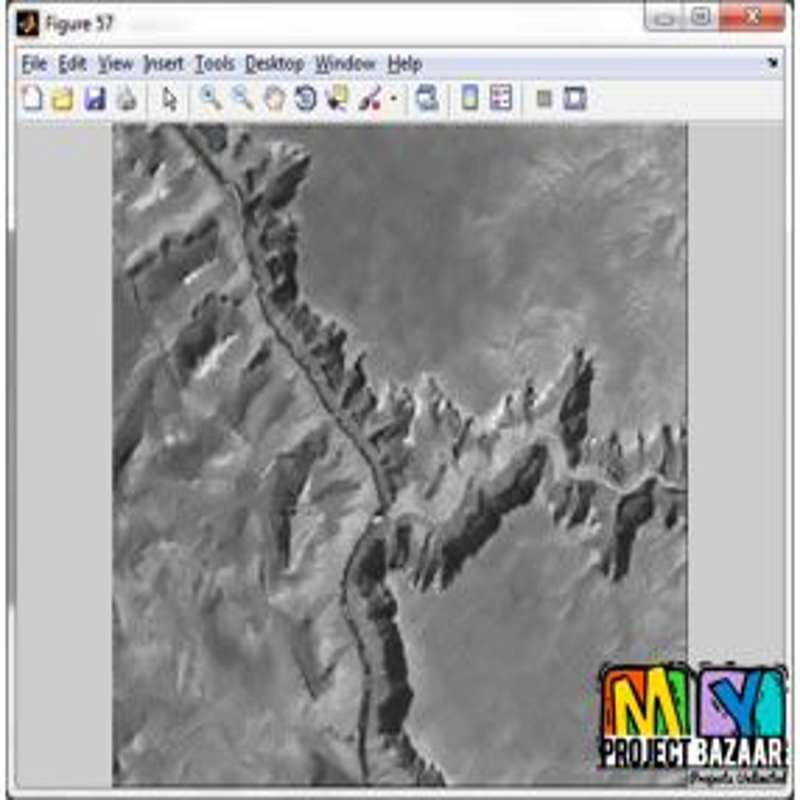








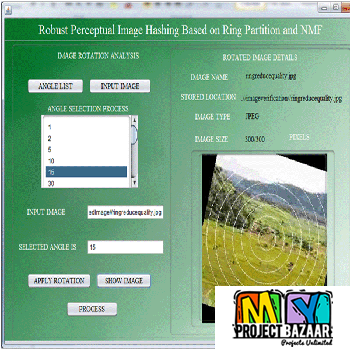
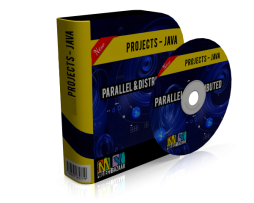
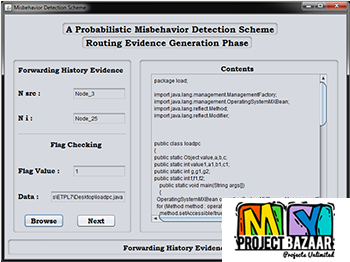
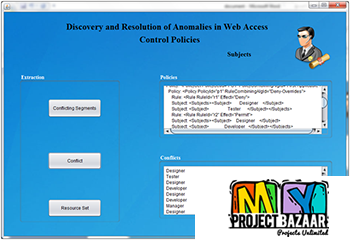


There are no reviews yet